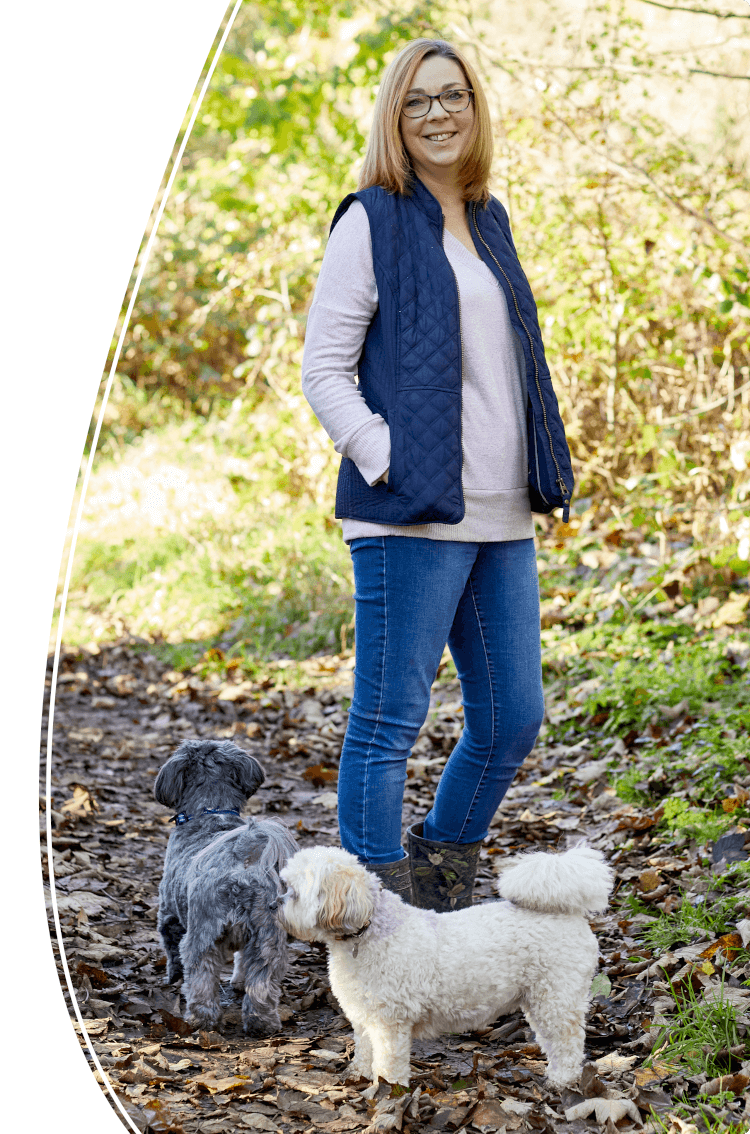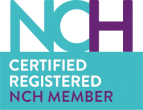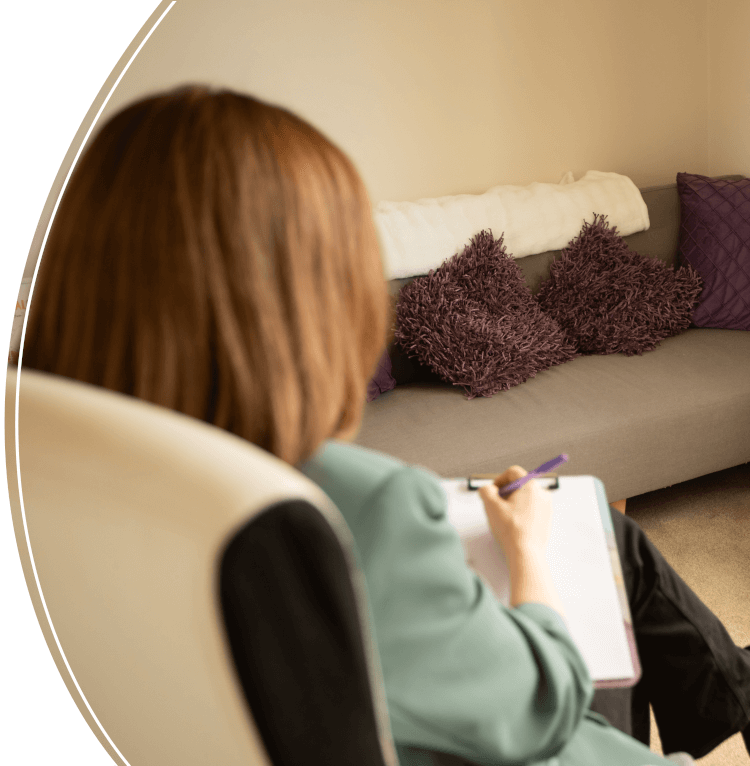Why self-care in midlife matters

Many of us, and particularly those of us in midlife, aren’t very good at giving ourselves permission to take time just for us to practise a little self-care. Instead, we are often busy juggling work, relationships, children, ageing parents and putting them first. And then before we know it the day, the week, the month has disappeared in a blur, and it can feel like there’s been no time just for ‘you’.
It’s easy to dismiss self-care as a ‘treat’ or even something you’ll get around to when everything else is done. But, and this is something I often remind my clients about, we all need to recognise that self-care is incredibly important. It’s definitely not a luxury, it’s vital for our mental and physical health and wellbeing.
Taking time to rest, breathe, and reconnect with yourself isn’t indulgent, despite what that pesky little inner voice often tells you. It’s what keeps you emotionally and physically healthy, calm, balanced and resilient through life’s challenges.
Why midlife can feel a little intense
When you’re juggling a lot and under pressure, the body releases cortisol, your main stress hormone. In short bursts, this is useful as it helps you act quickly. But when you find stress to be constant in your life then cortisol lingers, and the primitive survival part of your brain can take over. It’s trying to protect you but, it does this by keeping you in a constant state of fight, flight, or freeze.
Your brain then stays on high alert, adrenaline and cortisol keep rising and your sleep suffers, your focus slips, and your mood dips.
And in midlife, hormonal shifts can make us more sensitive to stress. Simple things that once felt effortless in your 30s can suddenly feel like you’re wading through treacle.
This is where self-care steps in. Not as indulgence, but as the incredibly important way you help the body switch off that stress response.
Giving your brain breathing space
The prefrontal cortex which is the intellectual “thinking” part of your brain that is responsible for high-level thinking and memory helps you focus, plan, and regulate emotions. But under stress, it can get sidelined and go offline. That’s why everything feels much harder when you’re overwhelmed.
Gentle practises like taking a break and having a cuppa or your lunch outside, a walk in nature, journaling, mindfulness, or hypnotherapy help re-engage this part of the brain. It’s like giving your mind a chance to come up for air, so you can see things more clearly and calmly and you feel more like “you”.
Your brain can change
One of the most reassuring things about the brain is its ability to change, and at any age. This is called neuroplasticity, the brain’s natural ability to rewire itself.
Every time you practice a small act of self-care, whether that’s pausing to breathe, stepping outside, or choosing rest, you’re carving out a new pathway in the brain. Over time, these pathways grow stronger, making calm and balance more natural defaults.
So, even if self-care hasn’t been high on your to do list before, it’s never too late to begin and it’s something I actively encourage all my clients to do.
Calming your nervous system
We often picture self-care as candles or bubble baths and whilst those can be lovely and relaxing, self-care is so much more than that. At its core, self-care is about regulating the nervous system.
When you take a slow walk, share a laugh and natter with a friend, or simply rest, you’re activating the parasympathetic nervous system, our “rest and digest” mode. Your heart rate, blood pressure and cortisol levels reduce, helping you to feel calmer and more relaxed, supporting your emotional regulation and improving your focus and clarity.
It’s not selfish or indulgent. It’s vital for calm, clarity and balance and is how your nervous system heals.
Supportive self-care tips
Midlife can bring about a host of physical, emotional, and cognitive changes, but I truly believe that it isn’t just a time of change, it can also be a time of rediscovery. A time for you to reconnect with you, your needs, and your inner strength. Here are some simple, supportive self-care habits you can try:
- Listen to your body – fatigue, hot flushes, or brain fog are reminders to slow down so give yourself permission to pause, rest and re-charge.
- Prioritise good sleep – a calm bedtime routine, reducing screen time, and winding down gently can improve sleep quality which is essential for balance and resilience.
- Nourish yourself well – eating balanced meals, staying hydrated, and reducing stimulants like caffeine and alcohol can support your mood and energy levels.
- Move in ways that feel good – gentle exercise like walking, stretching, yoga or dancing to your favourite music, not only supports your physical wellbeing but also boosts your mood and eases stress.
- Make time for calm – even a few minutes of deep breathing or quiet reflection can calm your nervous system and bring clarity. (See my blog Breathing to calm your mind and find balance – Katie Deacon – Hypnotherapist & Life Coach for 8 breathing techniques.)
- Protect your boundaries and be kind to yourself – it’s OK to say “no” or step back when you need to and put yourself first without any guilt. Talk to yourself with the same warmth and understanding you would a good friend.
- Let go of that pressure to ‘keep up’ – you really don’t need to do everything at the same pace you once did. Self-kindness means adjusting your expectations with compassion.
- Connect with others – talking openly with those you love and trust, family, friends, or supportive groups, helps you feel less alone and reminds you that your experiences are valid.
- Focus on what you can do – instead of dwelling on what feels difficult, notice your strengths and daily wins. Those things that are going well as small positive steps all add up and help your confidence.
- Allow space for your feelings – emotions may feel more intense at times so instead of judging them, acknowledge them with patience and compassion.
- Create gentle rituals of self-care – whether it’s a warm bath, a quiet walk, or time with a favourite book, little daily rituals remind you that you matter too.
A gentle invitation
Self-care doesn’t have to mean big changes or hours carved out of your week. It can be small, meaningful moments: a quiet walk in the fresh air, five minutes of journaling, listening to music that makes you smile, reading a magazine or book, or just pausing to breathe deeply and be present in the moment.
Midlife can often feel like a rollercoaster, but with small meaningful acts of self-care, you can create moments of clarity, calm, and connection that help you truly feel like yourself again.
So next time you catch yourself thinking “I don’t have time for me,” remember this:
Self-care is not a luxury. It really is vital to your physical and mental health and wellbeing. It’s how you give your brain and body the care they need to support you through midlife and beyond.
I support women in midlife to reconnect with themselves, their needs and inner strengths, one gentle meaningful step at a time. If you’d like more support, you can read more on my Perimenopause and Menopause page Hypnotherapy for Menopause in Nottingham – Katie Deacon or contact me for a free 45 minute consultation by email at katie@katiedeacon.co.uk.
More Blog Articles







